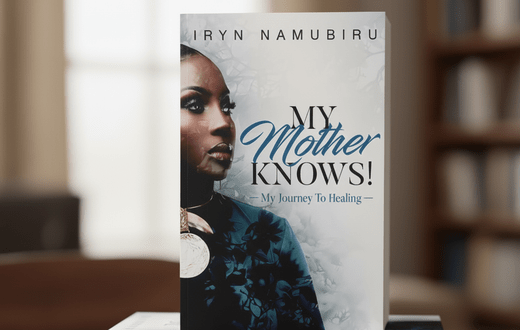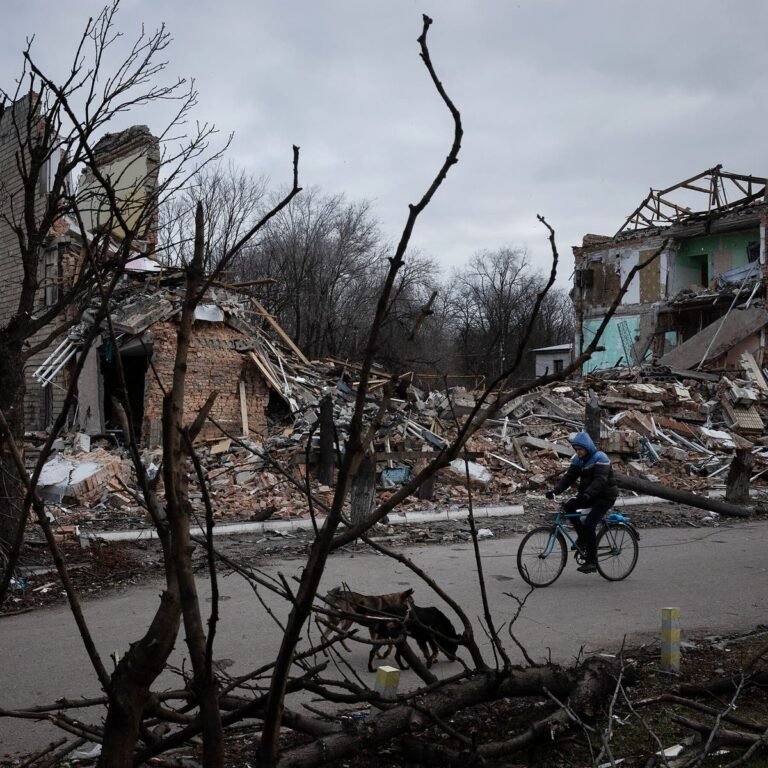
Irene Namubiru Breaks Silence, Reveals Mother’s Betrayal in Heart-Wrenching Memoir
KAMPALA – In a move that is both courageous and deeply personal, Ugandan music icon Irene Namubiru has laid bare the profound estrangement from her mother and family in a new memoir, detailing a journey of pain, betrayal, and her ultimate path to healing.
The book, titled “My Mother Knows: My Journey to Healing,” was officially launched this week at the Kampala Serena Hotel, as promised by the singer. It serves as a raw exposé of a silence that has stretched for over a decade between Namubiru and her mother, Justine Nyanzi Namawejje.
Namubiru admits to a sense of dread about public reaction, fearing “what people are going to say when they read the book, how they will judge and criticise her.” Despite this, she describes the act of writing as freeing, stating, “Writing this book feels like a very heavy load taken off my shoulders.”
The memoir reveals that a harrowing incident in 2013, where she was framed for a drug offence in Japan, became a critical turning point. Instead of offering support, her family responded with indifference and hostility, a betrayal that severely fractured their relationship.
“For years, I was trapped in the thoughts of, if I complain, I will look bad, and if I tell the truth, people would not believe me,” Namubiru writes. She explains that she had long protected her mother, who was aware of her suffering but shielded those who hurt her.
The final catalyst for publishing her story came after a chilling phone conversation she overheard. Her mother was heard telling a stranger that Namubiru hated her grandmother, refused to help the family, and had even exhumed her grandparents’ remains for witchcraft.
“This scared me because at this point they even called the police, and they roughed me up,” Namubiru recounted. “I thought at this point that I could die, and I did not want to die with this truth.”
A significant motivator for breaking her silence was the need to protect her own children. She decided to share her story without their knowledge to shield them from the “unfiltered” and “embarrassing” details, citing instances where family members had told her young son inappropriate things.
The songstress pinpoints her mother as the central figure in her pain, describing a childhood where her mother “denied me a lot as a child, including her audience,” and never offered protection, often dismissing her trauma by labelling her a “drama queen.”
The memoir also touches on the absence of her biological father, whom she met for the first time at age seven.
For Irene Namubiru, this book is more than a story; it is an act of reclaiming her narrative. It is a brave step to heal from a lifetime of pain and finally shed the heavy burden she has carried for so long.









